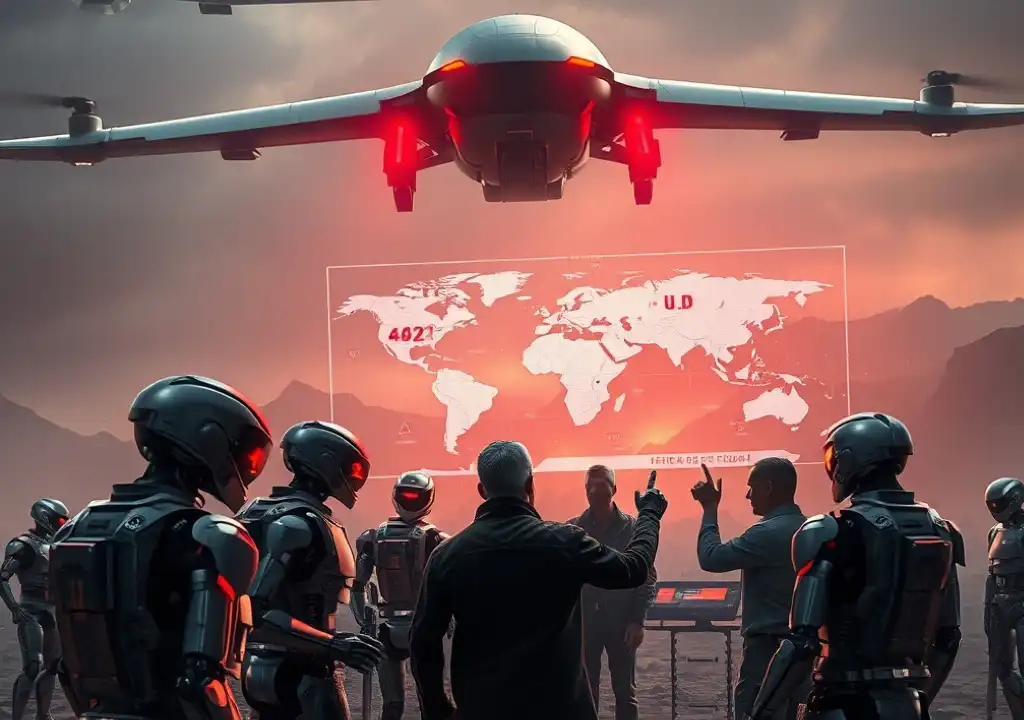Tech and Science Leaders Warn Against AI Arms Race
A group of prominent technology and science figures, including physicist Stephen Hawking and Apple co-founder Steve Wozniak, have issued a strong warning about the potential dangers of developing “killer robots.”
Autonomous weapons, powered by artificial intelligence to independently select targets, have been described as “the third revolution in warfare” following the invention of gunpowder and nuclear weapons. In an open letter, approximately 1,000 scientists, academics, and entrepreneurs expressed concern over the possibility of a global AI arms race.
“The pivotal issue for humanity today is whether to ignite a global AI arms race or to stop it before it begins,” the letter states. They emphasize that if any major military power advances AI weaponry, a worldwide arms race is inevitable.
The concept of automated killing machines, popularized by films like The Terminator, is quickly transitioning from fiction to reality, according to the scientists. They assert that the deployment of such systems could be a practical reality within a few years, not decades.
The letter also highlights the dangerous scenario of these autonomous weapons falling into the wrong hands, such as terrorists, dictators, or warlords aiming to carry out atrocities.
‘Beyond Human Control’
The scientists urge a ban on offensive autonomous weapons that operate beyond meaningful human control. However, they also acknowledge the potential benefits of AI-powered weapons, noting that they could make battlefields safer, reduce civilian casualties, and potentially lower the threshold for engaging in warfare.
This letter was presented during the 2015 International Joint Conference on Artificial Intelligence in Buenos Aires.
Elon Musk Joins the Campaign
Elon Musk, co-founder of PayPal and SpaceX, also joined the call to action, urging the public to oppose a military AI arms race. He tweeted, “If you’re against a military AI arms race, please sign this open letter.”
Governments are beginning to recognize the risks of robotic warfare. In 2015, for the first time, talks on “lethal autonomous weapons systems” were held. The US had already introduced a 10-year human control requirement for automated weapons in 2012, which was seen as a step forward, though campaigners believe more stringent measures are needed.
Historically, there have been examples of international efforts to stop weapons before they were deployed. In 1998, a UN-backed agreement banned blinding laser weapons before they were ever used in conflict.

